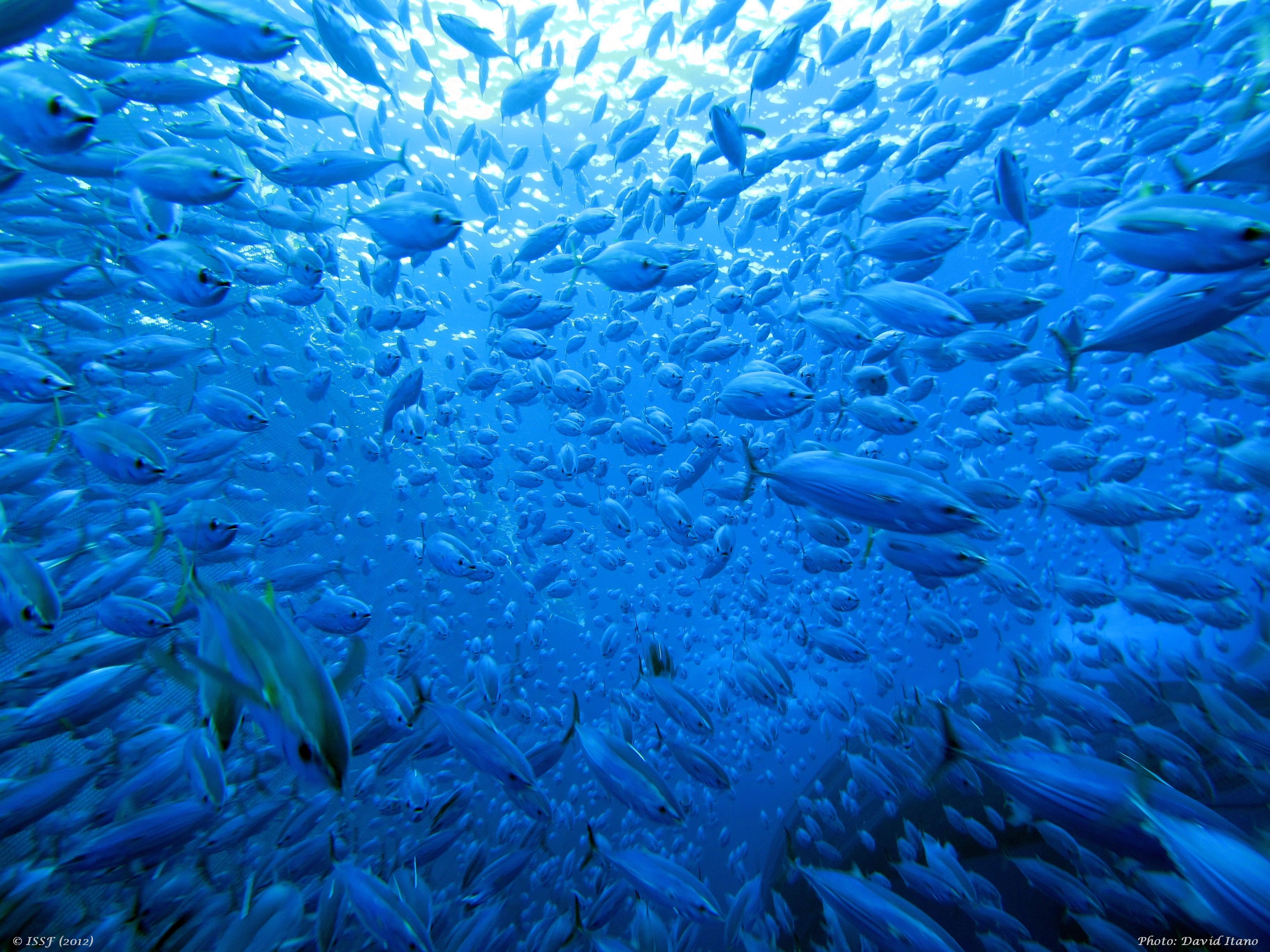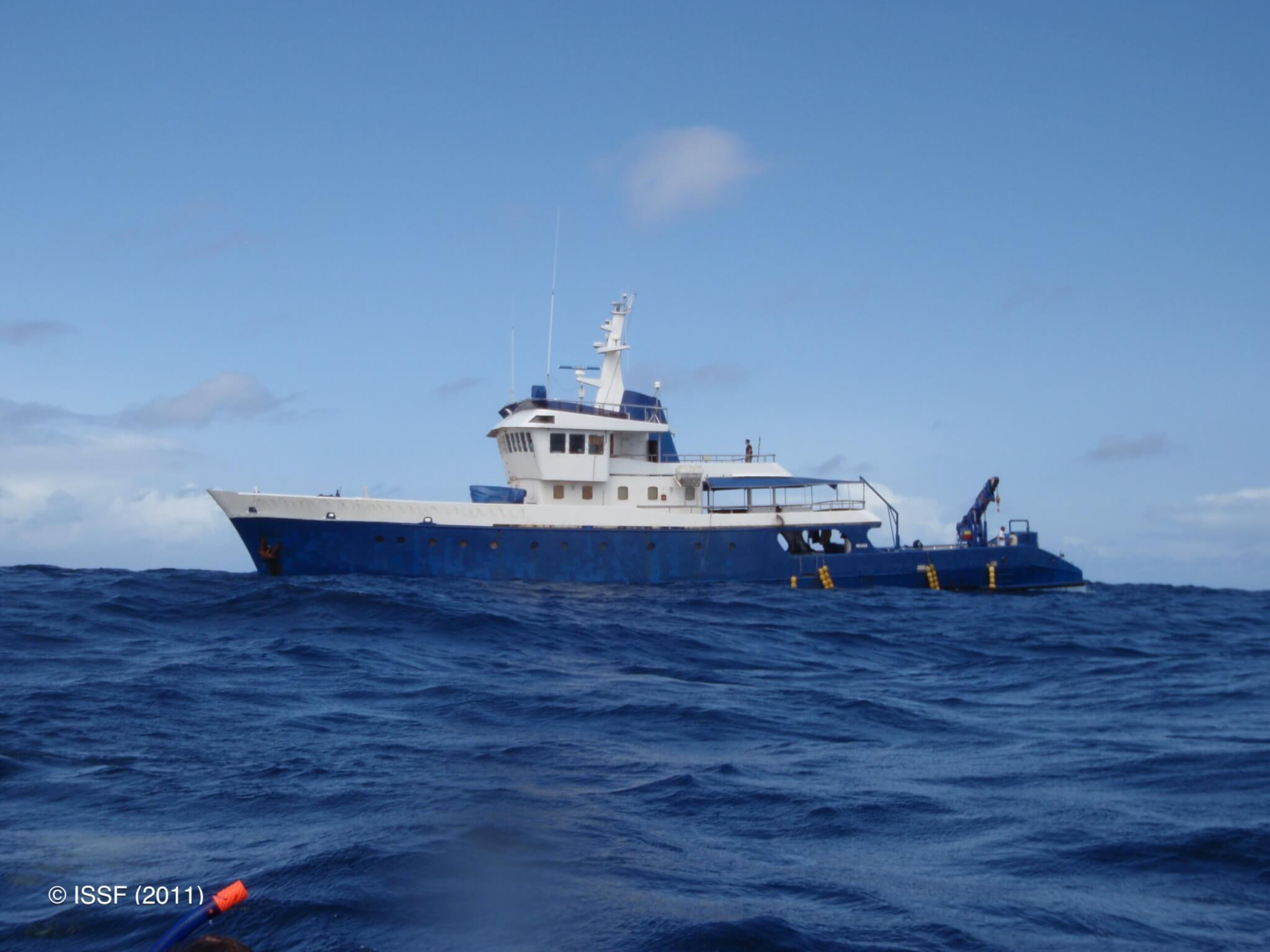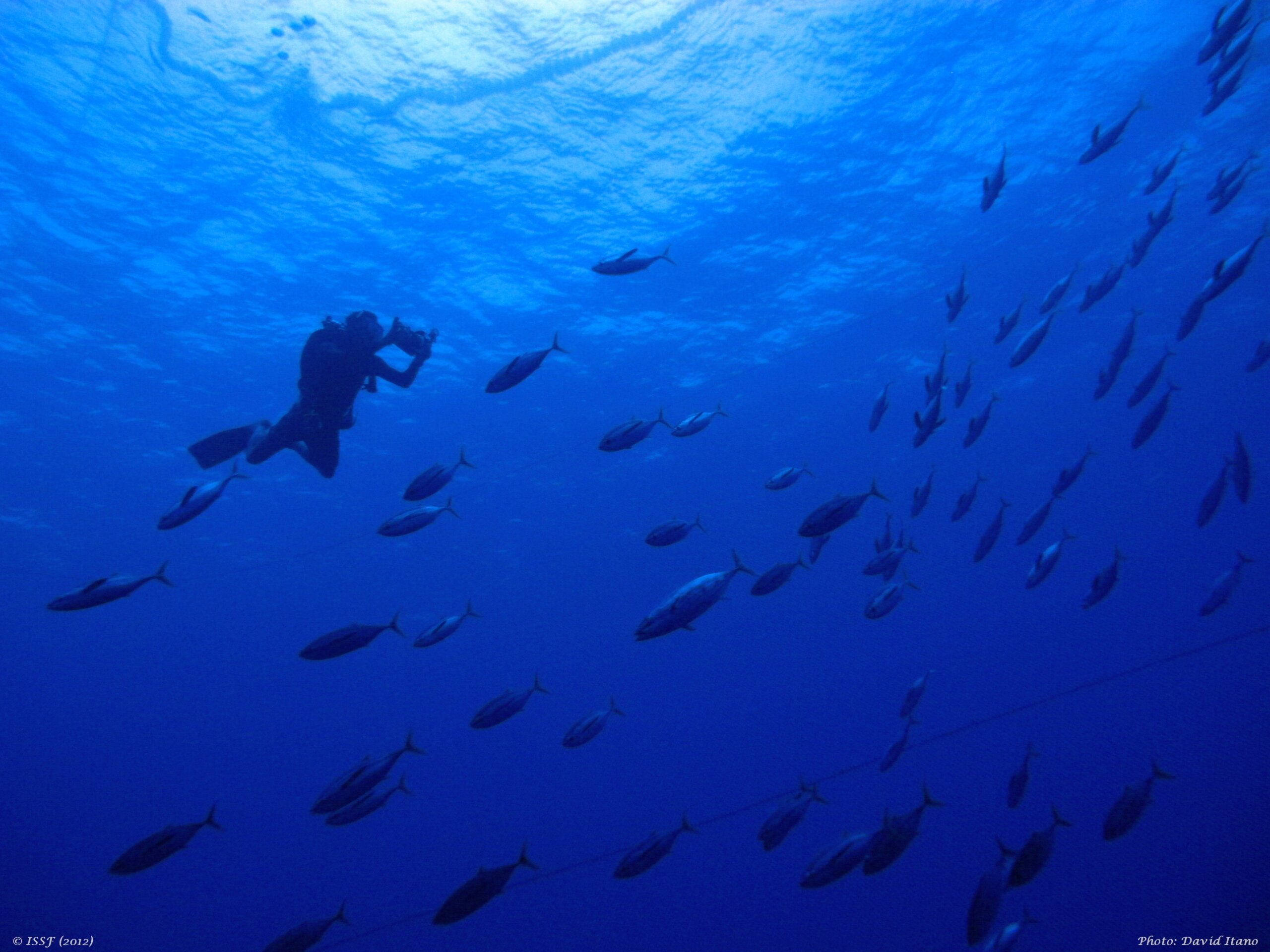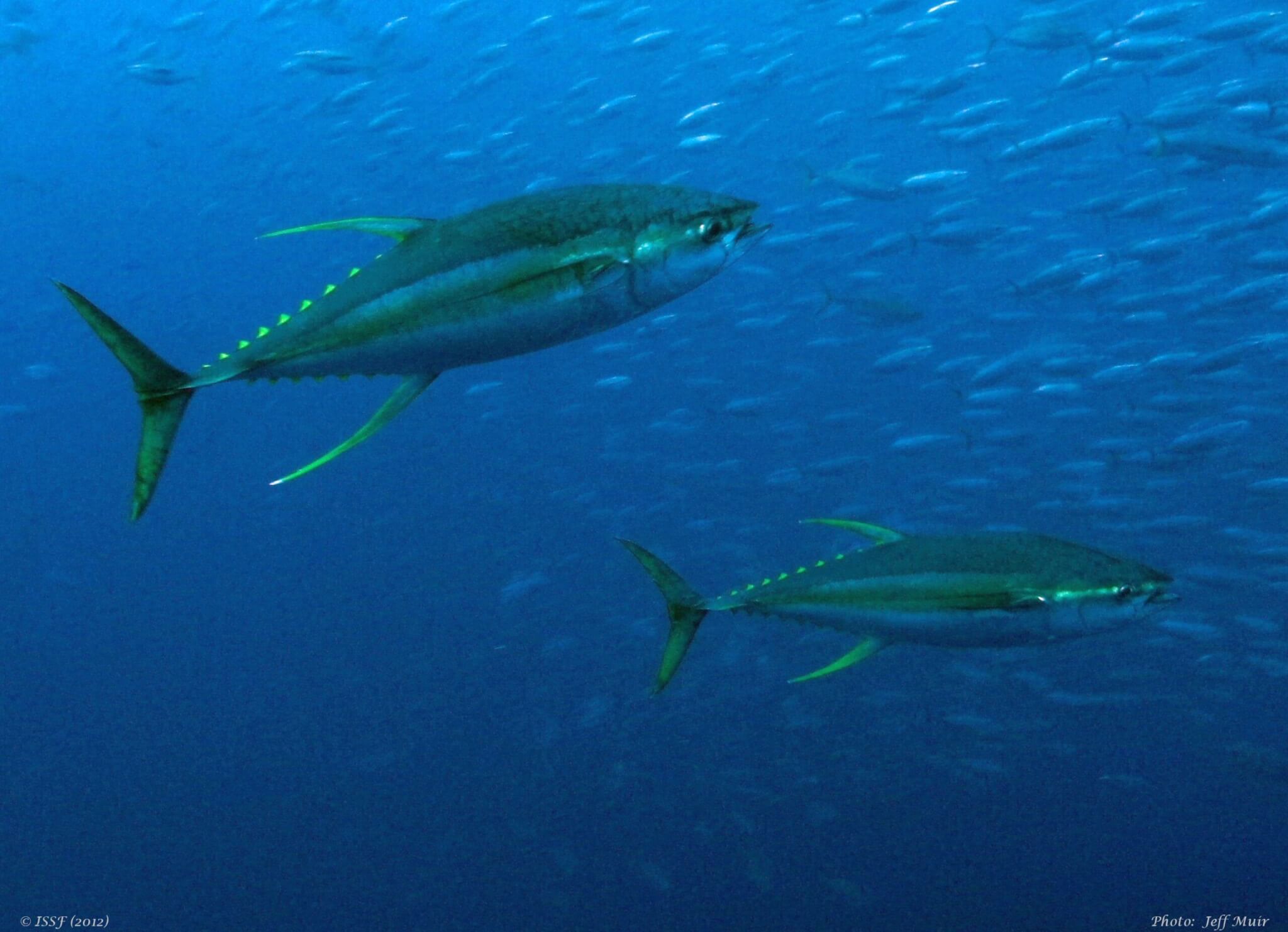
ISSF Wants Concrete Progress on Harvest Strategies in the Indian Ocean
The International Seafood Sustainability Foundation (ISSF) published its position statement in advance of the 22nd Session of the Indian Ocean Tuna Commission (IOTC) in Bangkok, Thailand, May 21-25. One of ISSF’s highest priority items for IOTC is to advance the region’s management strategy evaluations (MSE) for albacore, yellowfin and bigeye tuna, which have not been fully evaluated; adopt species-specific harvest strategies; and conduct a review of limit reference points to pave the way for the adoption of harvest control rules by 2019.
“ISSF is concerned that the Commission’s progress on harvest control rules (HCRs) for stocks that need stricter and more targeted management has slowed, based in part on a lack of resources for its critically important harvest strategy work,” said ISSF President Susan Jackson.
“The Commission has taken steps over the last three years to demonstrate its intention to implement carefully planned harvest strategies, but has made little progress on execution this year. It’s important that the Commission regains momentum at the upcoming Annual Session in Bangkok. That starts with considering the Science Committee-endorsed MSE outcomes and taking other needed decisions in line with Resolution 15/10 that will lead to the adoption of HCRs next year.”
MSE for #albacore, #bigeye & #yellowfin #tuna need to take top priority at the #IOTC annual meeting. Click To TweetObserver Coverage and Electronic Monitoring
In the position statement, ISSF also advocates for intensified FAD management measures — including of supply and tender vessels; full implementation of a non-entangling Fish Aggregating Device (FAD) requirement; and regional support for projects that test biodegradable FADs.
Additionally, ISSF asks IOTC to:
- Require 100 percent observer coverage on large-scale purse seine vessels
- Increase longline observer coverage to 20 percent
- Develop standards so that electronic monitoring can be used to ultimately achieve 100 percent observer coverage in both purse-seine and longline fisheries
- Strengthen the IOTC compliance assessment process
ISSF urges IOTC to move forward with harvest strategies for all species within its purview. IOTC’s own science committee reports that:
- Indian Ocean yellowfin tuna is overfished with 67.7 percent probability.
- Billfish, such as black and striped marlin, in the Indian Ocean are overfished, with 80 percent and 60 percent probability, respectively.
- Longtail tuna, a species critical to the region’s food security, is overfished with 67 percent probability.
Harvest Strategies, which include target and limit reference points (TRPs and LRPs) together with harvest control rules, provide pre-agreed rules for the management of fisheries resources and action to be taken in response to changes in stock status. Pre-agreed rules and strategies enable prompt management action to avoid overfishing or to rebuild stocks and reduce protracted negotiations that can lead to further declines in the stock.
Additional “asks” of IOTC from ISSF this year include:
- Retain overall catch reductions contained in IOTC Resolution 17/01 to prevent overfishing of Indian Ocean yellowfin and other species, which requires the Commission to rigorously evaluate the resolution’s effectiveness when the results of the next stock assessment are available and ensure that all relevant parties comply with the resolution.
- Like last year, ISSF advocates for strengthened monitoring, control and surveillance measures to support data collection and the implementation of harvest strategies.
Read the full position statement here.
ISSF and Fisheries Improvement
ISSF’s goal is to improve the sustainability of global tuna stocks by developing and implementing verifiable, science-based practices, commitments and international management measures that result in tuna fisheries meeting the Marine Stewardship Council (MSC) certification standard without conditions.
ISSF’s appeals to IOTC — and RFMOs in all ocean regions — align with MSC performance indicators that comprise the principles of the MSC certification standard: Principle 1, Sustainable fish stocks; Principle 2, Minimizing environmental impacts; and Principle 3, Effective management.


